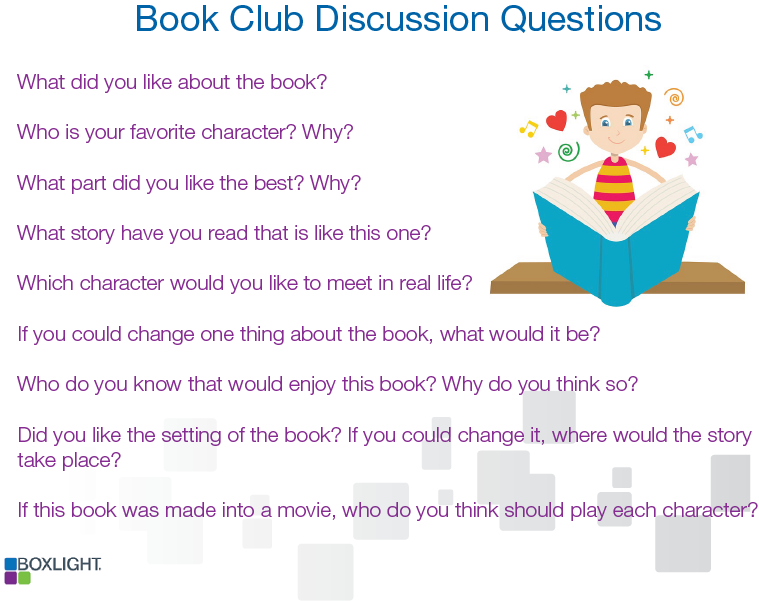
If you have young ones at home, you’ve probably heard something similar to this more than once, “It’s summer break! I don’t need to read!” Yep, for most of our children, summer break is just that … BREAK – a break from getting up early, a break from reading and writing, a break from homework. But you and I know that a total break can lead to a ‘break’ in learning progress. The term ‘summer slide’ is not new to most of us – the loss of hard-earned skills achieved during the school year. This loss can make returning to school much more challenging, especially if peers are on pace. Really, the goal of continuing to read over the summer will help our children retain literacy skills, build comprehension, spelling, and vocabulary skills, and feel more confident and successful overall. Besides that, reading is the foundation for learning in all other subjects (yes, you do have to read in math!). Just reading a few books during the summer can make all the difference!
With this in mind, here’s a list of ideas to make reading enjoyable and not just something ‘we need to do.’ Summer break is a time to relax and enjoy being free from the regimented schedule of school, so reading (and learning) can happen when it’s done in a way that doesn’t feel like school. Try a few ideas and see what works best.
Without further ado…READ!
- Draw a poem
Read a poem aloud to your younger ones, like from The Book of Nonsense by Edward Lear, and have them draw what they hear (“There was an Old Man on whose nose” is a fun one!). This can lead to an exploration of other poets and this genre.
- Hide and find
Write sentences, passages, poems on sticky notes or fun stationary and hide around the house. Encourage your beginning readers to bring them to you to read.
- Read ‘wordless’ books
Have your younger ones experience the wonderful world of books and stories by ‘reading’ books of illustrations. Brightly has a list of eight books to start you off.
- Word cloud wonders
Use a word cloud generator to “beautify” new words learned. For younger ones, this could be words they have learned to read. For older ones, this could be new vocabulary words. WordClouds.com is free and simple to use.
- Create a book club
Most of us have gotten the hang of using video chat recently, so help your children set up Book Clubs. They can get together and chat about a common book they’re reading or share about different books. Create a set of discussion questions/chat starters to get things going. Check out the recommended reading lists from the School Library Journal

- Start a book series
There are great book series to get your children, of all ages, stoked about reading. Click on the following age groups for recommendations:
- Early Readers (introduction to chapter books)
- Ages 10 - 12
- Middle Schoolers
- Teens/Young Adults
- Recipe round-up
Find books that involve making dishes such as Cora Cooks Pancit by Dorina K. Lazo Gilmore and Rainbow Stew by Cathryn Falwell. Then, MAKE THE DISHES. What a fun way to experience the stories and the characters in them.
- Create a reader space
Change a corner nook into a cozy space with pillows or throw a blanket over two chairs and create a reading tent. Whatever it is, dedicate that space to quiet reading time where your readers can truly immerse in the stories. Check out what some of these parents did for their children’s reading nooks: 12 Ideas for Creative Reading Spaces for Kids.
- Step in their shoes
Talk with your readers about how a character from a book might handle a real-life situation. For example, how would Junie B. Jones handle social distancing and stay-at-home recommendations.
- Plug in to an audio book
Personally, I like to create the voices in my head when reading a book. But, for a change pf pace, an audio book can help nudge the imagination in the right direction. Lit2Go has a great collection of free online stories and poems. Audible also has stories for free streaming on any web-enabled device while schools are closed. Sync has audiobooks just for teens.
- Read to someone else, even Martin Mouse
Encourage your emerging readers to read aloud to you, as they gain confidence with their skills. Of course, if you’re busy with other things, reading to a stuffed animal is also an excellent alternative.

- Virtual pj read alouds
There are many stories online of teachers, school administrators, librarians, celebrities, etc. who set up weekly read-alouds for students when schools began to close in the spring. Why not try this out with your young ones. Organize weekly virtual read alouds with family or friends, complete with comfy pjs and a blanket. Adults can take turns with younger readers for the opportunity to read their favorite stories.
- Reading is LIFE
Incorporate reading in daily activities such as creating a grocery list or using a recipe for making a meal.
- Knock, knock…joke time
Most of us have lived through that stage of reading joke and/or riddle books ALL THE TIME! But, if it gets your young ones reading, why not? Just don’t spoil the punchline just because you read the same jokes when you were young.
- Book and a movie
A fun idea is to read a book that was later made into a movie. The discussions afterwards will be priceless, especially if there were major character and/or storyline changes. For a (lengthy) list of children’s stories that became films, check List of children’s books made into feature films
- Join a reading challenge
It’s not too late to join a reading challenge sponsored by the local library or book store. Most challenges require readers to track their reading and meet a certain requirement to earn a prize. Here are two you can try: Barnes and Noble Summer Reading Program and Amazon Books Summer Reading Challenge
- Resources, resources, resources
There are quite a few resources for parents to help them support their children’s growing literacy skills. Reading is Fundamental has a summer reading program that includes weekly tips. Reading Rockets has fun activities for not only reading, but also writing and science. PBS’ ABC Literacy has ideas for young ones, ages 2-8.
- MODEL READING LOVE
Last but not least, and certainly the most important, is modeling the behavior you want your child to emulate. So, if you want voracious readers, be a voracious reader! Set time aside each day where you can each read your own books. Use ‘thinking aloud’ to model what you’re thinking about a story (“Wow! I can’t believe she said that to her friend!”). End the “parallel reading time” by each of you having a quick share.
If 18, or more, ideas seem overwhelming, try ONE. Then build on that as you observe how your children respond. As long as your children are trying to read consistently, and hopefully more often, this can help them bolster their reading skills. It will also prepare them for the new year so that they feel more confident and ready to move forward with their reading. Who knows? Your reluctant reader may surprise you!
“There is no such thing as a child who hates to read; there are only children who have not found the right book.” -- Frank Serafini


